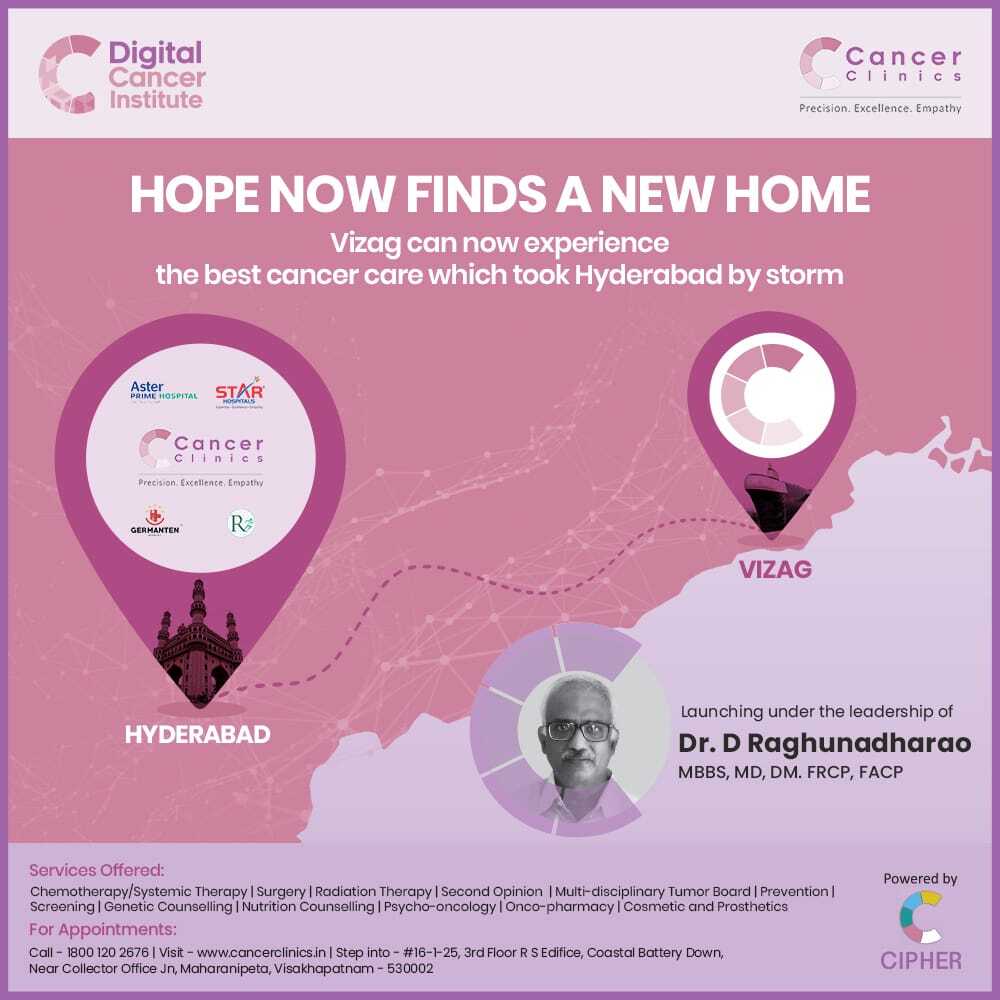The fortunate or unfortunate set of events that the individual experiences during the cancer treatment triggers many outcomes. Cancer as a disease is not partial to an individual or their circumstances. When it hits, the individual and the entities surrounding the individual are presented with an array of tough questions and challenges..
As unfortunate as it might sound, some patients undergoing treatment will have to face the grim reality that their cancer might not be cured. It is not an easy reality to come to grips with either for the patient or his/her family. While doctors might continue to find alternative ways of tackling the disease, it might be an important time for the patient and her family to decide if they would rather focus on alleviating symptoms than the disease.
Palliative care is a branch of medicine that focuses on symptom relief and comfort. It is designed to improve the quality of life of patients and their families, by providing pain and symptom relief, spiritual and psychosocial support from diagnosis to the end of life and bereavement. It is a broad multidisciplinary approach that involves the family and the community around the patient. Another term that is most frequently heard along side palliative is hospice care. Though palliative care and hospice care are discussed together there is a fine discretion between them. While palliative care is provided at the hospital, hospice care can be provided in the community. Palliative care focuses on delivering care for a spectrum of diseases from diagnosis to death, hospice predominantly focuses on end of life.
In recent years, it has been found that integrating palliative care with one’s usual care post the diagnosis of advanced cancer can improve the individual’s quality of life, mood and might also prolong their survival.
Palliative care specialists aim at providing support with the many aspects of the care plan – physical, emotion and existential distress, communication and decision making during palliative care. All of these may be intense, complex and emotionally charged. Palliative care specialists assist in the smooth transition of care. To facilitate this the patients and family members should be well informed about there illness, its prognosis, treatment options and support available. It can be provided relatively simply and inexpensively using resources at one’s disposal. Palliative care can be provided at hospitals, health centers and even at the patient’s home.
While it is important to care for the patient at end of life, the carer may experience a range of emotions. It is then important to talk to the carer about their grief and prepare them for the loss of their patient which may be difficult if not addressed. Hence palliative care does not only involve symptom management and pain relief for patients but also emotional support for the carers.
For more information on Palliative care centres in India please contact us.
